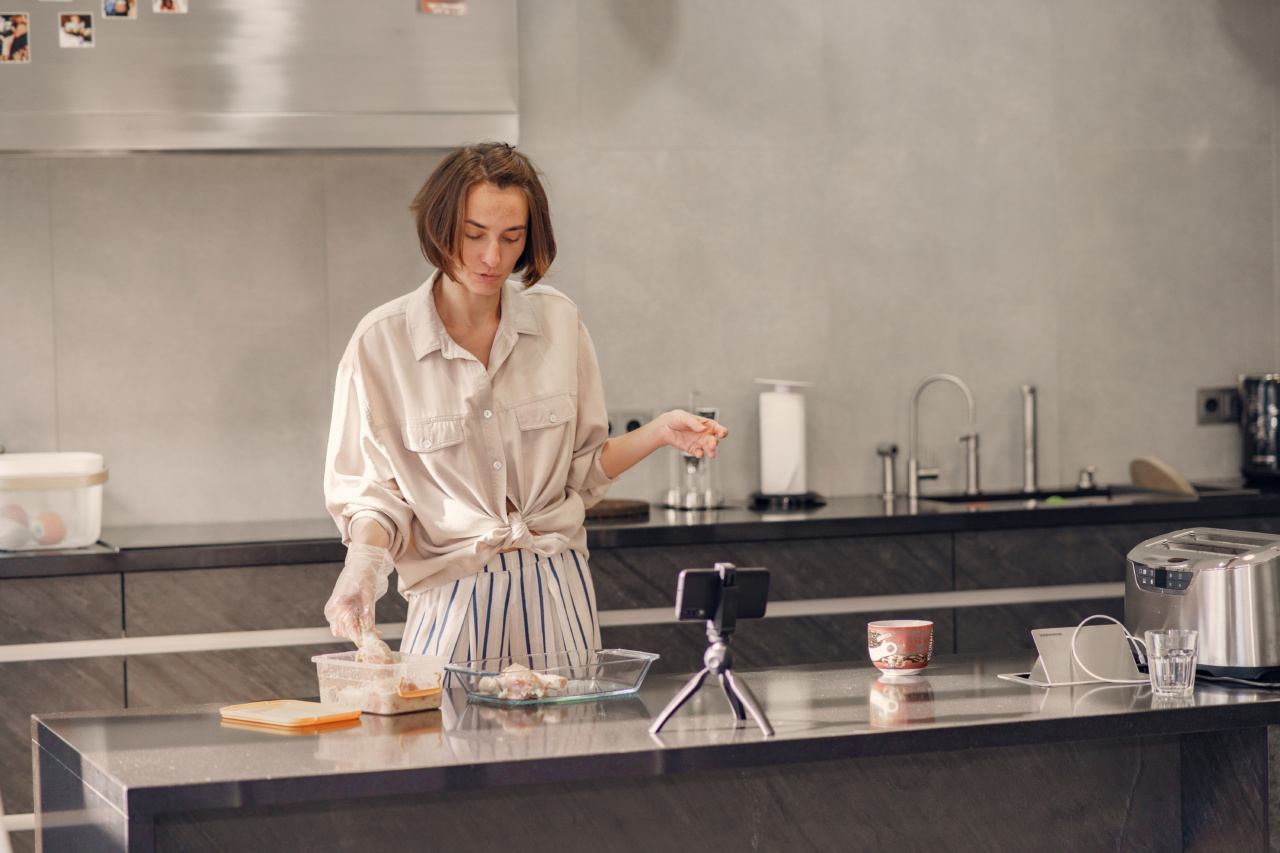When it comes to baking, many of us turn to aluminum foil for quick and easy cleanup. But while that may seem like a harmless choice, baking in foil can actually be harmful to your health and even damage the environment.
Here are ten ways in which baking in foil can be harmful.
1. Reactive with Acidic Foods
Aluminum foil is a highly reactive metal, which means that it can easily react with other substances. This is particularly true when it comes to acidic foods like tomatoes, citrus fruits, and vinegar.
When exposed to these foods, aluminum foil can break down and leach into the food, which can be harmful to your health.
2. Leaches into Food
Even when not reacting with acidic foods, aluminum foil can still leach into the food that it is covering. This is because aluminum is a highly porous metal, which means that it can easily absorb liquids and chemicals.
When heated, these substances can then transfer into your food, where they can be harmful to your health.
3. Increases Aluminum Intake
Aluminum is a neurotoxic metal, which means that it can damage the brain and nervous system. When we consume aluminum, it can accumulate in our bodies over time and lead to a range of health problems, including Alzheimer’s disease.
Baking in foil can increase our intake of aluminum, making it an especially harmful practice.
4. Damages the Environment
The production of aluminum foil requires a significant amount of energy and resources, which can damage the environment. When we use aluminum foil for baking, we are contributing to this process and adding to the environmental damage.
By choosing alternative baking methods, we can reduce our impact on the planet.
5. Can Trigger Allergies
Many people have allergies or sensitivities to metals like aluminum. Baking in foil can trigger these allergies and cause a range of symptoms, including skin irritation, redness, and itching.
By avoiding aluminum foil, people with metal allergies can reduce their risk of these unpleasant reactions.
6. Can Damage Cookware
When baking with aluminum foil, it is important to be careful not to damage your cookware. The sharp edges of the foil can scratch and damage metal and non-stick surfaces, which can reduce the lifespan of your baking sheets and cake pans.
By switching to other baking methods, you can protect your cookware and save money in the long run.
7. Can Contaminate Other Foods
If you bake multiple foods in the same aluminum foil, there is a risk of cross-contamination. This is because the foil can transfer flavors and chemicals between the foods, which can be harmful to your health.
To avoid this risk, it is best to use individual baking sheets or other baking methods.
8. Can Cause Cancer
Studies have shown that elevated levels of aluminum in the body can increase the risk of cancer. Baking in foil can increase our intake of aluminum, making it an especially dangerous practice.
While some exposure to aluminum is unavoidable in our daily lives, it is important to minimize our exposure where we can.
9. Can Affect Food Taste and Texture
Baking in foil can also affect the taste and texture of your food. Foil can trap moisture, which can lead to soggy or steamed food. It can also prevent browning, which can be important for certain recipes.
By switching to alternative baking methods, you can ensure that your food is cooked evenly and to your liking.
10. Can Be Reused
While there are many reasons to avoid baking in foil, it is also important to remember that aluminum foil can be reused. Instead of throwing it away after one use, you can wash and dry it for future baking projects.
This can help reduce waste and help protect the environment.





























